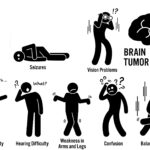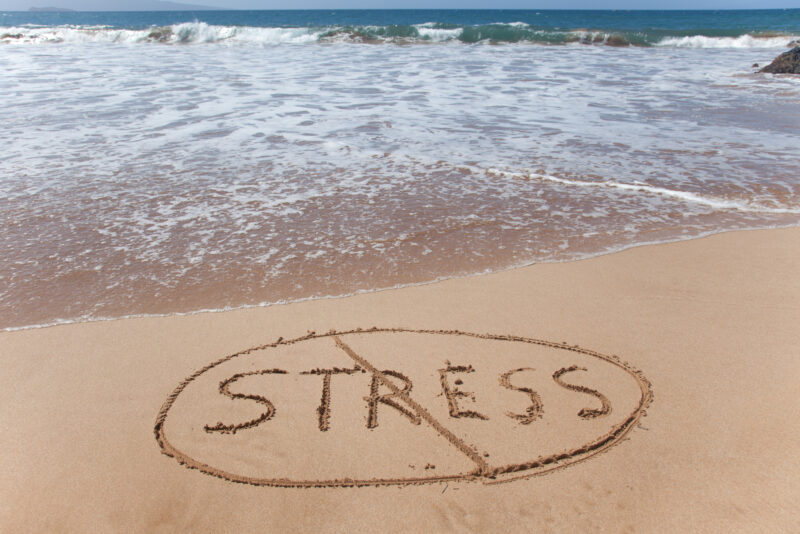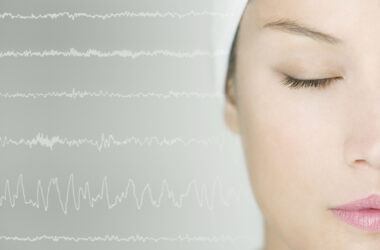Stress can cause a number of impacts on one’s physical state. It doesn’t matter the source of the stress.
It can be consuming and even take a serious toll on your mental and physical health.
Stress is now even considered a social determinant of health (SDoH).
The SDoH are the economic and social conditions that influence individual and group differences in health status.
These can include healthcare, stress, transportation/environment, education, economic stability and social/community.
When a person is consumed by ongoing, acute stress or a traumatic moment of stress, fight or flight instincts in the sympathetic nervous system kick in.
It is common for a stressed person to experience a headache, racing heart and strained muscles. However, it can also manifest itself in other ways.
Chronic stress can increase hair loss and speed up prematurely greying in hair.
Your parents weren’t kidding when they said you were giving them grey hairs.
During a stressed state, the body can stop growing hair from its follicles, causing hair loss, weakening and potentially balding. Not only this, stress negatively impacts skin.
When the body is under stress, it releases the hormone cortisol, which over time can cause the wall of the gut to become more easily permeated, so bacteria and toxins can “leak” through into the bloodstream.
Stress breakouts are a very real manifestation of people’s emotional state.
Stress can also lower your pain tolerance. A chronically stressed human may be more susceptible to feeling a heightened sense of pain because the body is diverting its resources elsewhere.
Some people report that during stressed states that their sense of smell intensifies and they have ringing in their ears.
The heightened sense of smell is the body’s attempt to make us hyper-aware and the ringing in the ears is due to amygdala trying to process the situation at hand.
Lastly, stress wears down the immune system, making it easier to get sick from being run down.
When a person is stressed, the body is prepared for a hyper-alert setting and if it’s ongoing, the body becomes worn down from maintaining this state of hyper-awareness.
This can make someone more vulnerable to illness and sickness.
While stress is at times unavoidable in our lives, it is imperative to find ways to manage, cope and destress from the day-to-day pressures of everyday life.
Not only does managing stress improve mental health, but it can greatly improve your overall physical health.










